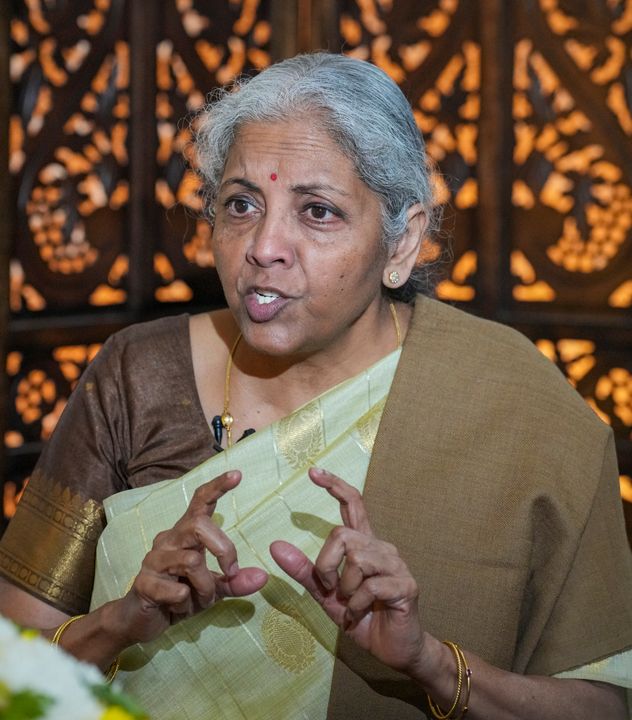New Delhi, Feb 3 (PTI) – The India Energy Storage Alliance (IESA) has lauded the Union Budget 2025 as a transformative step for India’s energy sector while urging the government to introduce production-linked incentives (PLI) and Goods and Services Tax (GST) reductions on batteries, charging infrastructure, and electrolyzers to accelerate the growth of renewable energy.
The industry body, which represents over 180 companies from India's battery, e-mobility, and hydrogen sectors, expressed gratitude to Finance Minister Nirmala Sitharaman for incorporating some of its pre-budget recommendations submitted last month. In a statement, IESA described the budgetary announcements as progressive and proactive measures that could position India as a global hub for clean energy manufacturing and research & development (R&D).
Call for Incentives and Policy Enhancements
Following the budget, IESA submitted additional recommendations highlighting key challenges faced by the Indian industry in establishing large-scale manufacturing facilities. The alliance emphasized the need for a dedicated incentive program for Advance Chemistry Cell (ACC) components to strengthen India's domestic supply chain.Vinayak Walimbe, President (Interim) of IESA and Managing Director of Customized Energy Solutions Pvt Ltd India, stated that initiatives like the National Manufacturing Mission, Export Promotion Mission, and duty exemptions on essential raw materials would accelerate India's progress in the energy storage sector.
"The strengthening of the National Manufacturing Mission will encourage domestic production and make India a more attractive destination for battery manufacturing," he added.
GST Reduction on Batteries and Electrolyzers
A major demand from IESA was a reduction in GST on batteries from 18% to 5%, which it believes will ease financial pressure on OEMs and energy service providers. The industry group also pointed out that the current 18% GST rate on battery-as-a-service models increases operational costs for end-users.Vikram Handa, Managing Director of Epsilon Advanced Materials and Chair of the India Battery Manufacturing & Supply Chain Council (IBMSCC), IESA, applauded the budget’s commitment to a robust cleantech ecosystem. He emphasized that aligning GST rates on lithium-ion batteries to 5% could be a game-changer, facilitating the large-scale deployment of energy storage solutions.
IESA also urged the government to reduce GST on electrolyzers from 18% to 5% to support pilot green hydrogen production projects. It suggested a gradual increase to 12% once the domestic manufacturing of electrolyzers achieves scale and global competitiveness.
Support for Renewable Energy and Critical Minerals
Rajat Verma, Founder & CEO of Lohum and Chair of the India Reuse & Recycling Council (IRRC), IESA, hailed the government’s focus on domestic manufacturing and critical minerals recycling as a significant step towards sustainability.Manoj Upadhyay, Chairman of ACME Group and IESA member, also praised the increased funding for solar and wind projects and the government’s commitment to green hydrogen. He asserted that these initiatives would strengthen India’s self-reliance in renewable energy.
Strengthening India's Renewable Energy Ecosystem
The expanded PLI schemes and tariff adjustments for critical minerals are expected to significantly reinforce the renewable energy sector. IESA believes that these measures, combined with fiscal incentives and policy support, will enhance India's position as a global leader in energy storage, e-mobility, and hydrogen technologies.With these recommendations in place, IESA remains optimistic that India’s clean energy landscape will witness rapid technological advancements, cost reductions, and increased investments in sustainable infrastructure.
Last updated by a enewsx:
